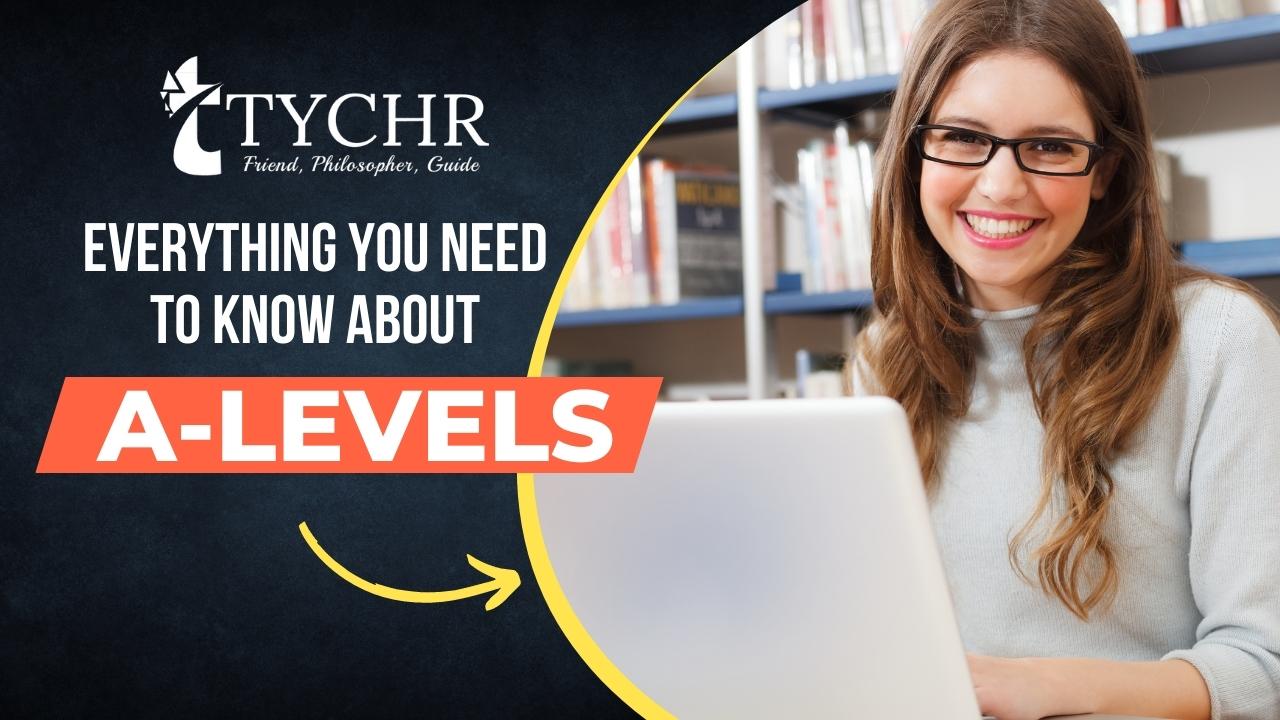Table of Contents
A-Levels (Advanced Level qualifications) are a UK subject-based qualification for students aged 16 and above. Typically, the course is studied for a little over two years and is recognized worldwide. However, they are the most popular in the UK. Other popular destinations countries for Cambridge students, including Australia, Canada, India, Indonesia, Malaysia, New Zealand, Singapore, South Africa, Thailand, UK, USA, Vietnam. This curriculum offers a choice of 55 subjects and schools can offer them in almost any combination. This flexibility means schools can build an individualised curriculum, and learners can choose to specialise in a particular subject area or study a range of subjects. Most universities require a minimum qualification of three subjects. Subjects include English Language & Literature, French, Maths, Biology, Physics, Chemistry, History, Geography, Psychology, Economics, Art, Information Technology and Modern Foreign Languages such as French, German, and Spanish. It’s always best to check which subjects the institution you are considering offers as this does vary from school to school.
Cambridge International A Level is usually a two-year course, and Cambridge International AS Level is one year. Some subjects can be started as a Cambridge International AS Level and extended to a Cambridge International A Level.
Cambridge helps schools to build a curriculum that brings success to learners. The syllabuses prepare learners for university study, which is why universities worldwide value and recognise Cambridge International AS & A Level qualifications.
Why choose A-Levels?
A-Levels are a great option for individuals who know exactly which courses they excel at. Alternatively, students who are ‘one-sided’ in terms of their abilities. A student who excels in math but struggles in English Literature, for example, would profit from concentrating on math and quitting English. With the IB, which has a considerably greater study range, it is impossible to focus on certain areas. Because of the importance of the final written exam, A-Levels are better suited to students who excel in written exams. A-Levels are best suited to students who can successfully revise and do well in timed tests. Most crucially, rather than receiving a single overall certificate, students receive distinct certificates for each subject they pass. Cambridge International AS & A Level develops learners’ knowledge, understanding and skills in:
- In-depth subject content
- Independent thinking
- Applying knowledge and understanding to new as well as familiar situations
- Handling and evaluating different types of information source
- Thinking logically and presenting ordered and coherent arguments
- Making judgements, recommendations and decisions
- Presenting reasoned explanations, understanding implications and communicating them logically and clearly
- Working and communicating in English.
What grades do I need to take A levels?
The A2 Level is not a qualification on its own and must be accompanied with an AS Level in the same subject for certification. The specific requirements needed to study A levels will vary across schools and colleges. It’s important to check what you will need with the school or college you are looking to study at.
- At least five GCSEs in grades 9 to 4/A* to C
- At least grade 6 in the specific subject(s) you want to study
How to pick A level subjects?
- What are you passionate about? What subjects make you curious? Browse through the subjects that you are likely to enjoy and be good at. If you enjoy a subject or have an ability in it already, you are more likely to do well.
- Are there any particular subjects and/or grades you may need? If you have a particular career, job, or further study in mind, you may need to choose specific A levels in order to meet entry requirements. The university you will apply to may have certain subject requirements as well, so ensure that you do your research thoroughly before picking your subjects.
- How open do you want to keep your future study and career choices? If you don’t have a particular idea of what you want to do, I would recommend taking subjects from different areas to explore and finalise which ones you want to pick. If you’re not yet sure about university plans, you can keep your options open by choosing a range of A-level subjects. Being broad with your choices can be helpful. Some universities discourage students from taking certain combinations of A-level subjects, particularly when subjects are very similar like business studies and economics – something to bear in mind when you’re making A-level choices.
However, don’t get too hung up on picking the ‘right’ subjects. Universities will consider a very wide range of A-level choices and do not normally have essential subject requirements.
A-Level English Literature has currently been placed at the 10th position when it comes to the most respected A-Level qualification. This is indicated by the results produced by our student poll above.
English Literature is a super fundamental subject that has been around for quite some time. It is not to be confused with English Language, as the two cover very different areas of the subject. While both are well respected by universities across the country, they are respected for distinctly different reasons.

Also Read – How To Excel In Cambridge A Levels
How are A-Levels Assessed?
The major type of assessment is written examinations, which are given at the end of a two-year course of study. There is now far less project work as a result of the measures stated above. Depending on the subject, some coursework does, nevertheless, contribute to the final grade. The rating ranges from A* to E. Students who do not satisfy the minimum requirement will earn a U. To get an E, they’ll need 40 per cent, 50 per cent for a D, 60 per cent for a C, and so on. An A* is awarded to any student who achieves an average of 80% across all modules. If a student fails, they must retake the entire exam; they cannot retake individual modules. It’s worth noting, though, that students can repeat their A-Levels as many times as they need to.
Best International schools
- Ecole Mondiale School
- Oberoi Internationl School
- Hill Spring International School
- Jamnabai Narsee School
- Aditya Birla World Academy
- B.D Somani International School
- Bombay International School
https://www.ucas.com/further-education/post-16-qualifications/qualifications-you-can-take/levels







